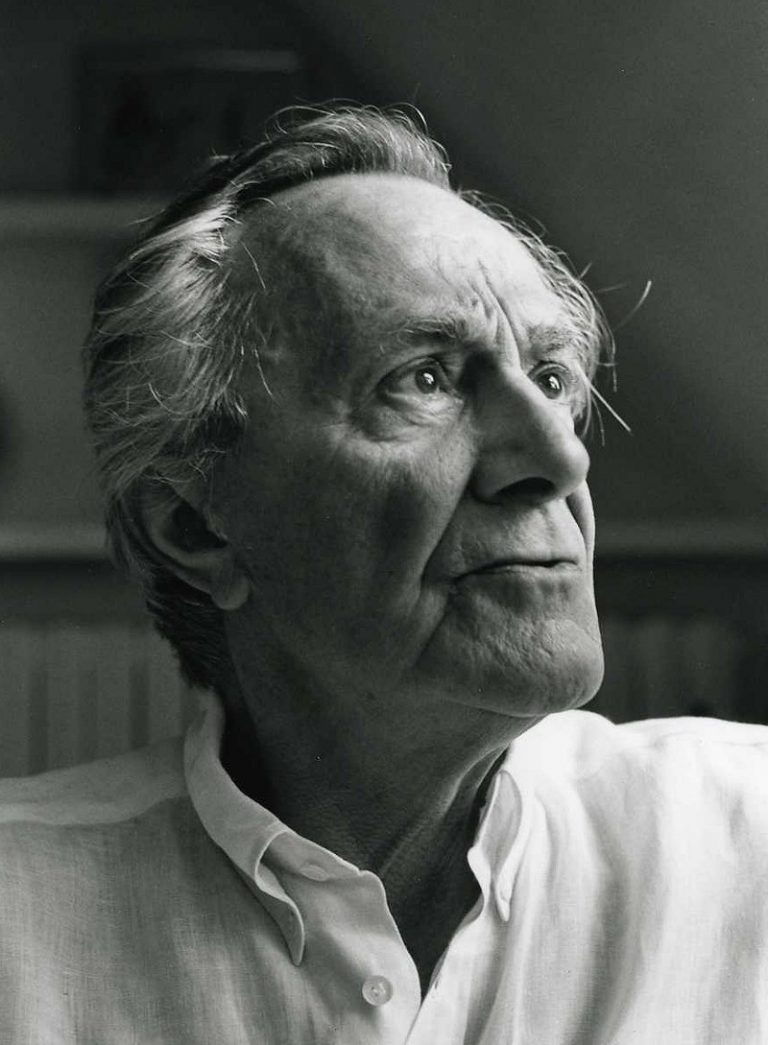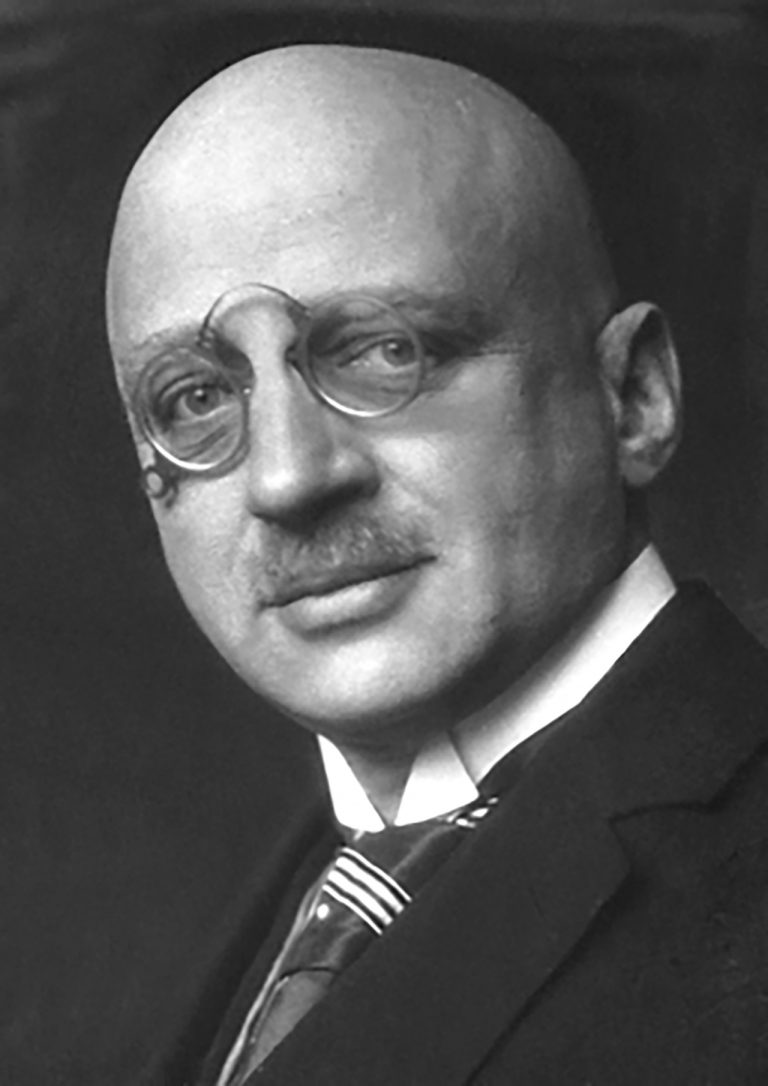
For over five years now I’ve been a meditation practitioner since I started back in late 2014, and never once looked back. I can only speak for myself in describing what I’ve discovered during my practice, which I will outline throughout the article.
Of course meditation is a popularly thought of as method of relaxation, according to meditation teacher Eric Harrison:
“Relaxation loosens the tensions of the day, deep relaxation can release the chronic in-built tension of years”
For just the sole reason for managing stress? then yes indeed, meditation is an effective method to combat it. Meditation is like disk cleanup on a windows operating system, it enables us to get rid of the rubbish and clutter clogging up the mind. A good meditation for 10 or 20 minutes will calm the mind and relieve stress levels.
To name some of the long term benefits, meditation makes the mind more resilient to previous stressors, more distant from the emotions that grip the mind, mitigate the passions clouding judgment and more living in the present moment and less of that rubbish concerning the past and future!
Though to gain the life changing benefits, meditation must become a long term exercise with many years of consistent practise. It won’t be gained from just several sessions of meditating; you have to build it up. Every time you mediate you’re investing improvements in your future mental wellbeing , bit by bit, so long as the practise is maintained. Just as a seedling has the potential to become a fully grown tree, so have the novice mediators the potential to become masters that knows the workings of their minds.
Okay story time! in the few sessions which I meditated for over an hour. The state of wellbeing I experienced coming out of meditation was greatly rewarding! How was it greatly rewarding? well first of all, the feeling of numbing bliss, which contrasted with my mental state before meditation, lingered like a temporary power up from a Nintendo video game, next, I generally felt things in life were being taken care of without needing to appeal to rational justification and if I laid down on my bed my muscles felt so deeply relaxed it was as if I came out of a bath filled with dead sea salts.
Should you yourself get into a state of deeper meditation, be aware it’s important to not grasp at the blissful feelings by thinking thoughts of grasping onto it and such. Thoughts will naturally arise, especially to novice practitioners which is to be expected. It shows just how busy their minds were! During the meditation practise you should cast aside these arbitrary thoughts and return to the present moment. Cast aside? does this means thinking dismissive thoughts like ‘go away thoughts!’ nope, that is only replacing one thought with another thought which prolongs disruption.
Instead, we welcome the peace as if it were a cherished old friend and become familiarised with it. You receive it, accept it; but don’t cling to it thinking ‘I never want this to end!’
The best way to prevent thoughts interrupting your meditation is to employ a principle of non-engagement. This means not evaluating the thoughts as something good or bad, as desirable or averse, as something to be pursued by contemplation. But to simply leave them as they are by being aware and non-judgementally noticing. If you do this you will know that the nature of thoughts are impermanent, that they arise, persist for a moment and then cease; just like all conditioned phenomena.
Of course people do practise meditation for the benefits it brings. That being the motivating factor for the reason people take up the practise. But we need to understand that our needy state of mind for the benefits of meditation actually can be an obstacle in the way of attaining it!
“The very desire to be free or to be enlightened will be the desire that prevents your freedom” -Ajahn Chah
If I point out to you at a bowl of fruit on the table and describe the various fruits as sweet, sour or spicy how do you know it is so? you only have my word for it, only a mere idea of what they would taste like. So how will you know for certain what they taste like? You reach out, grab one of the fruits, take a bite and taste it; that is knowing reality directly. If you think what is meant here as peace of mind being the same as listening to relaxing music, then you have not known meditation. With sustained practise, you’ll discover for yourself the benefits and know the peace of mind meditation brings.
Please support the website, have a look at our Buddhist collection:
https://www.zazzle.co.uk/collections/buddhism-119832090499191727

